The Impact of Amazon's Cancellation of the iRobot Deal on the Smart Home Industry

In a surprising turn of events, Amazon has recently announced the cancellation of its $1.7 billion deal to acquire iRobot, the well-known manufacturer of Roomba robotic vacuum cleaners. This decision has sent shockwaves through the tech and smart home industries, leaving many to wonder about the reasons behind it and the potential consequences for both companies. In this blog post, we'll delve into the details of this canceled deal, its implications, and what it means for the future of the smart home market.
Regulatory Roadblocks and Concerns
The primary reason cited for the cancellation of the Amazon-iRobot deal is regulatory pushback, particularly from the European Union and its executive body, the European Commission. The EU expressed concerns about Amazon gaining excessive control over the marketplace, especially in the realm of smart home devices and robotics.
- Reduced Valuation: The deal's valuation, initially set at $1.7 billion, underwent multiple revisions due to regulatory examinations. These examinations ultimately led to a significant reduction in the purchase price, making the deal less favorable for both parties.
- Marketplace Dominance: The EU's concerns centered around Amazon's potential to delist or diminish the visibility of rival robot vacuum products on its online marketplace. This raised alarms about Amazon's dominance in the smart home sector.
Missed Opportunities and Potential Gains
Had the deal gone through, it would have had far-reaching implications for Amazon's smart home strategy and its existing product ecosystem. Let's explore the missed opportunities and potential gains:
- R&D Boost: iRobot boasts a strong research and development (R&D) team and a wealth of expertise in robotics. The acquisition would have provided Amazon with valuable resources to further enhance its robotics initiatives and the Alexa smart home platform.
- Diverse Product Portfolio: iRobot isn't just about robotic vacuum cleaners. The company manufactures a range of products, including air purifiers and robot lawnmowers. Amazon could have expanded its smart home product portfolio significantly.
Immediate Consequences
The cancellation of the Amazon-iRobot deal has already had immediate consequences, shaking up the business landscape:
- Stock Impact: iRobot's stock took a hit with a 10% drop following the news. Shareholders and investors were undoubtedly disappointed by the unexpected turn of events.
- Termination Fee: Amazon will pay a hefty $94 million termination fee as a result of scrapping the deal. This serves as a costly reminder of the complexities involved in large-scale acquisitions.
- Workforce Reduction: In a move that reflects the uncertainty surrounding iRobot's future, the company plans to lay off 31% of its employees, which amounts to 350 people. This decision is undoubtedly challenging for those affected.
- Leadership Changes: The impact of the canceled deal extends to the top leadership of iRobot. Colin Angle, the company's chair and CEO, will step down immediately, leaving a leadership vacuum to be filled.
Amazon's History of Smart Home Acquisitions
Amazon's decision to back out of the iRobot deal is noteworthy, especially considering the company's history of successful acquisitions in the smart home sector.
- Past Acquisitions: Between 2017 and 2019, Amazon acquired companies like Blink, Ring, and Eero, effectively integrating their products into the Alexa smart home ecosystem. These acquisitions have allowed Amazon to offer a wide range of smart home solutions to consumers.
- Continued Competition: Despite its acquisitions, Amazon continues to sell products from competitors like Arlo and Eufy, demonstrating its commitment to providing consumers with choices in categories such as security cameras and mesh Wi-Fi systems.
The Regulatory Landscape and Tech Industry
This canceled deal raises essential questions about the regulatory environment in the tech industry, especially concerning the growing influence of tech giants. It highlights the need for comprehensive oversight and regulation to ensure fair competition and protect consumer interests.
In conclusion, Amazon's decision to cancel the iRobot deal has sent shockwaves through the smart home industry. The regulatory challenges, missed opportunities, immediate consequences, and Amazon's history of acquisitions all contribute to the complexity of this situation. As we await further developments, it is clear that the smart home market remains a dynamic and competitive landscape.





